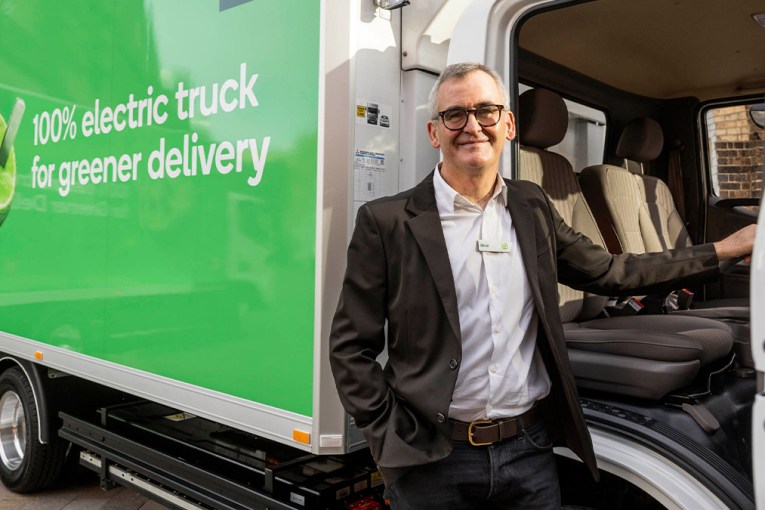Qantas to axe 5000 jobs after $252m loss
Qantas will axe 5000 jobs after posting a $252 million first half loss — its biggest loss since it floated in 1995.
The airline says the job cuts are part of its a bid to cut $2 billion in costs over three years.
It also says it will cut capital expenditure by $1 billion over the next two financial years and is planning big changes to its fleet and network.
Qantas shares lost three cents in early trade, slipping from $1.27 to $1.24.
Meanwhile, Qantas has announced it would hand back its Brisbane Airport lease for $112 million, though it will retain exclusive use of most of northern end of terminal until 2018.
The remainder of the losses will come as a result of changes to the fleet and network, the restructure of maintenance operations and the restructure of catering facilities.
Qantas said the job losses would hit all parts of the organisation in a two-year process expected to cost the company $500 million. Qantas said operational positions would be affected “by fleet and network changes”, while management and non-operational areas would shed about 1500 full time positions.
Further, the airline will freeze wages for all staff, including management, until the business returns to profitability. Chief executive Alan Joyce has already taken a 36 per cent pay cut.
Qantas announces Half Year result FY14 and provides Group strategy update http://t.co/WPlJJbvEYa
— Qantas Airways (@QantasAirways) February 26, 2014
The airline says more than 50 aircraft will be deferred or sold, with older planes like 747s to be retired early and orders of A380s and B787-8s to be delayed.
It will also axe underperforming routes including its Perth to Singapore service, while timing and aircraft changes will be made to other routes.
The underlying $252 million loss is at the bottom end of the $250 million to $300 million loss the airline flagged in December.
But it is a sharp deterioration from the $192 million full-year underlying profit it recorded for the 2012/13 financial year.
Mr Joyce said the result was unacceptable and required tough decisions.
“We must take actions that are unprecedented in scope and depth to strengthen the core of the Qantas Group business,” he said.
“We are facing some of the toughest conditions Qantas has ever seen. Australia has been hit by a giant wave of international airline capacity, with a 46 per cent increase in competitor capacity since 2009 — more than double the global increase of 21 per cent over the same period.
• What’s ailing the Flying Kangaroo … and how to fix it
• Qantas vs Virgin: The battle for Australia’s skies
• Labor flags support for changes to Qantas Act
“The Australian domestic market has been distorted by current Australian aviation policy, which allows Virgin Australia to be majority-owned by three foreign government-backed airlines and yet retain access to Australian bilateral flying rights.
“Late last year, these three foreign-airline shareholders invested more than $300 million in Virgin Australia at a time when, as Virgin Australia reported to the ASX on February 6, it was losing money. That capital injection has supported continued domestic capacity growth by Virgin Australia despite its growing losses.
“Qantas has been undertaking its biggest every transformation over the past four years, cutting comparable unit costs by 19 per cent over four years, but this is no enough for the circumstances we face now.
“With structural economic changes being exacerbated by the uneven playing field in domestic aviation, we must now take actions that are unprecedented in scope and depth.
“We will accelerate our Qantas Transformation program to achieve $2 billion in cost reductions by FY17. Hard decisions will be necessary to overcome the challenges we face and build a stronger business.”








